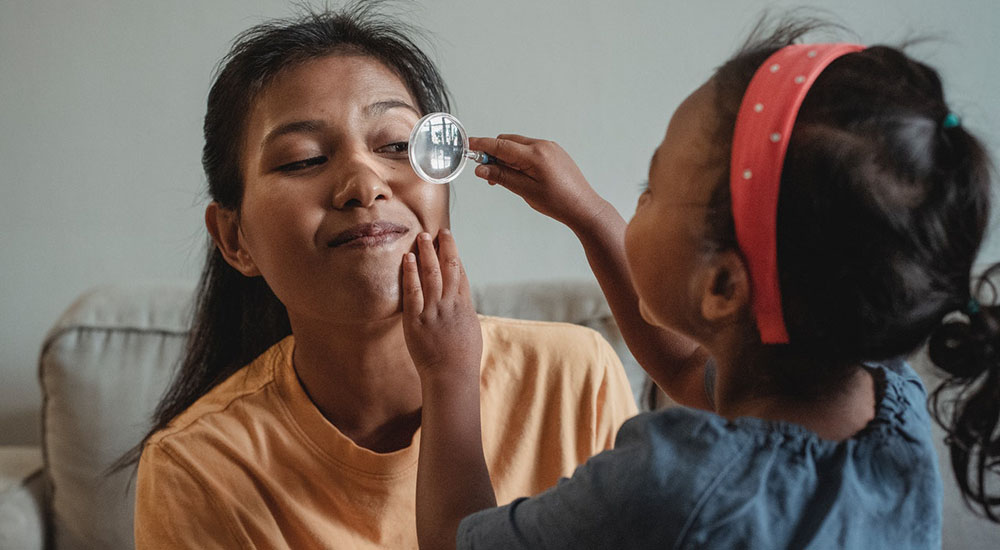New polling shows Seven out of Ten Australians agree Cheaper Childcare would be very good for the economy
21 October 2022 – The Early Learning Monitor poll released today shows that the majority of Australians support the introduction of a universal, high-quality early learning system and seven out of 10 Australians view childcare as very good for the economy.
The national poll of more than 4,500 people, conducted by Essential Research for Minderoo Foundation’s Thrive by Five campaign, found:
- 80 per cent of parents with a child under school age say having access to more affordable, high quality early learning would help their family;
- 71 per cent of Australians agree cheaper early childhood education would be very good for the Australian economy as a whole, rising to 81 per cent of parents with children under school age;
- 87 per cent of Australians understand many families don’t send their children to early childhood education and care or limit how long they send them, due to the cost;
- 63 per cent of people think the subsidy system administered through Centrelink is complex and time consuming and a barrier to accessing childcare;
- Parents with children that attend (or previously attended) childcare continue to believe that the cost of early childhood education has risen substantially over the past three years; and
- Three-quarters of Australians support the introduction of a universal, high-quality early learning system and most think such a system would be good for the education system, the Australian economy and social equality.
Thrive by Five CEO Jay Weatherill said, “This poll confirms the seismic shift in public opinion where Australians no longer view early childhood education as ‘child minding’ but value the broader developmental, economic and social value of the service.
“However, the polling also illustrates the frustration among Australian parents who say having access to more affordable, high quality early learning would help their families.
“Reducing the cost of high-quality childcare will free up family budgets, help address inflation and cost of living pressures and support more parents to re-enter or stay in the labour market.
“There are 102,000 parents, mostly women, locked out of the workforce because of the high out of pocket costs of childcare.
“Thrive by Five is calling on the Federal Government to bring forward its proposed changes to the Child Care Subsidy to January next year to help address critical workforce shortages and save low income families an additional $295.
“At the same time, it must act on the shortage of almost 40,000 early childhood educators by funding a pay rise for the sector, attracting back early educators who have left in recent times, and increasing training opportunities.
“The activity test is also one of the major barriers families face when accessing early learning and childcare. Abolishing or simplifying this test would ensure that children and their families have greater access to early learning and childcare that positively supports their development and continued learning.
“The urgent need to reform Australia’s early learning and childcare system, including bringing forward Labor’s Child Care Subsidy changes, should be the top priority at the forthcoming Federal Budget,” Mr Weatherill said.
The Early Learning Monitor is available here:
https://thrivebyfive.org.au/earlylearningmonitor/
Background:
Thrive by Five’s Federal Budget asks:
- remove activity tests to access the Child Care Subsidy;
- fund an immediate pay rise for early childhood educators and teachers, comparable to the salary and conditions of the school education sectors;
- reinstate funding for Indigenous-led child and family centres across Australia as recommended by the Secretariat of National Aboriginal and Islander Child Care; and
- bring forward to January 2023 the Federal Government’s commitment to increase the maximum Child Care Subsidy rate to 90 per cent.

